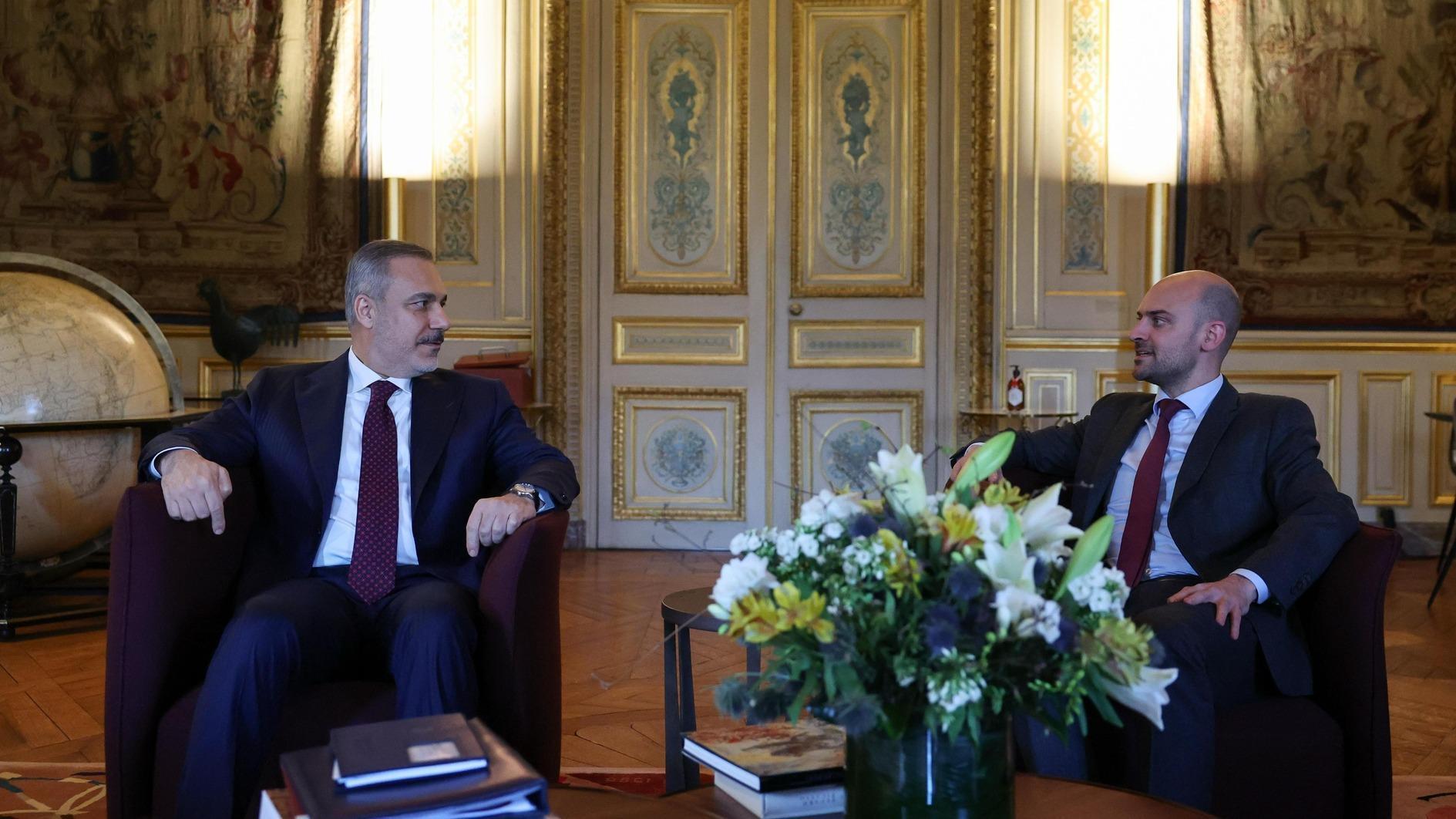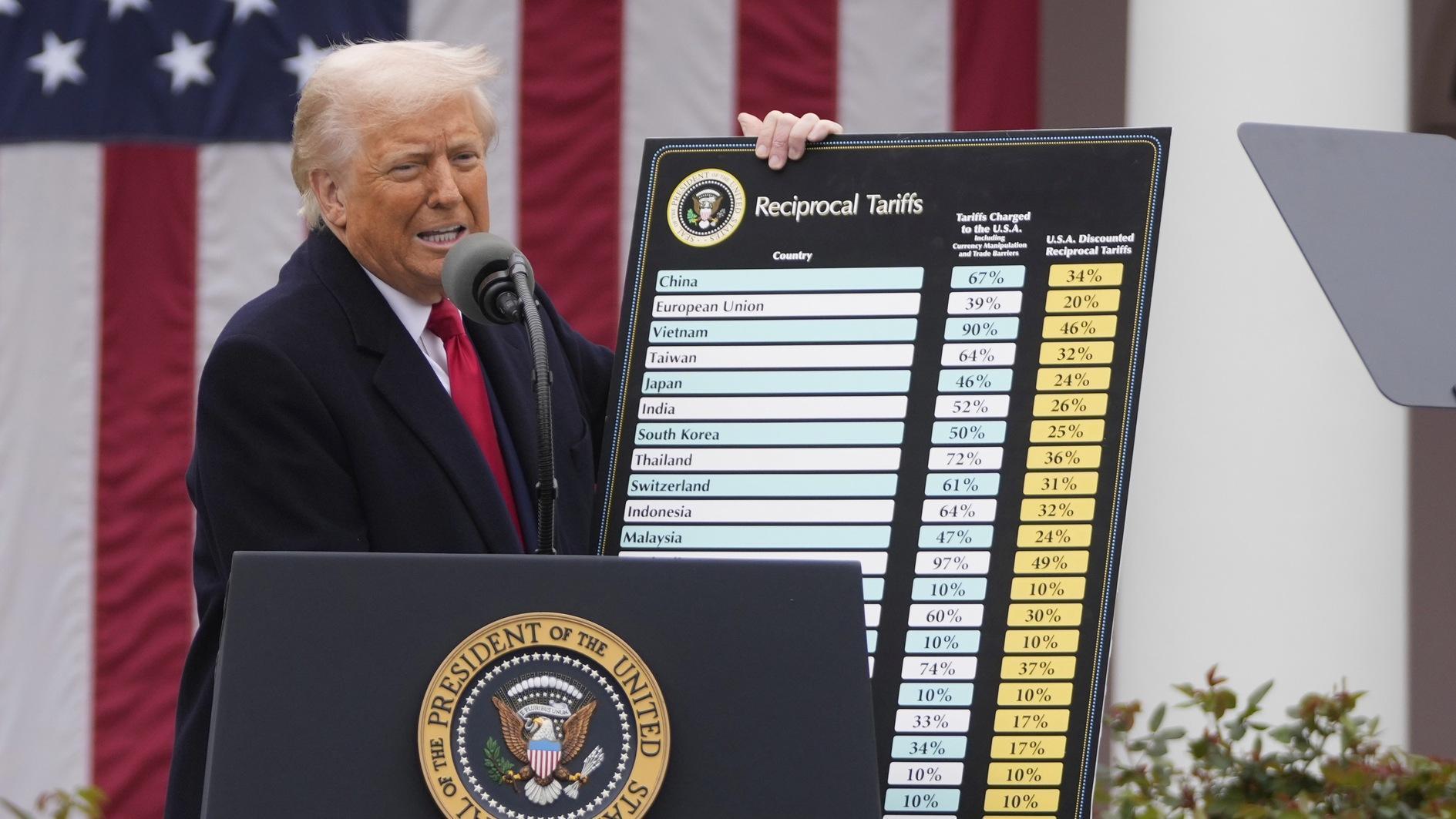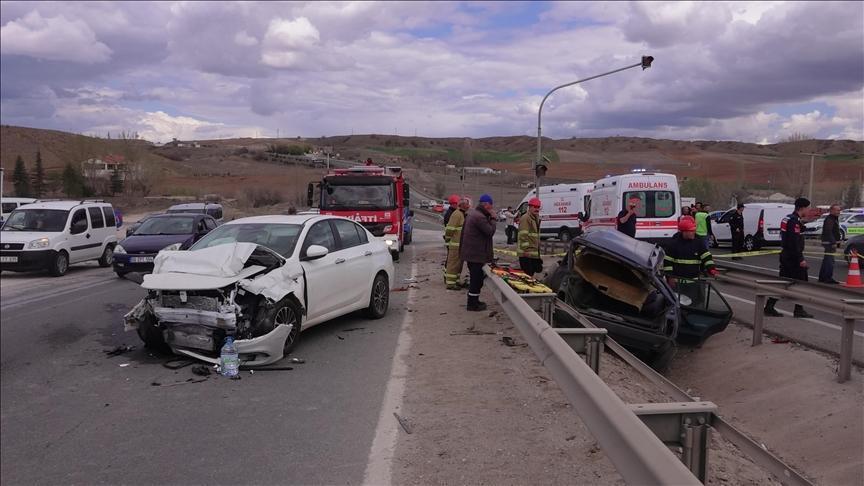Erdoğan is determined to agitate
Rather than calming the environment and reassuring the 50 percent of the electorate which did not vote for him – whose pent-up frustration and anger spilled over with the police brutality against the Gezi Park protestors – Prime Minister Recep Tayyip Erdoğan appears intent on dangerously fanning social tensions in Turkey.
This is the only message to come out of his weekend speeches to crowds of supporters. He is brash and threatening toward those he sees as existential enemies of his Islamist vision for Turkey.
Erdoğan has also invented a new enemy called the “interest rate lobby” which he has vowed “to throttle.” Even this choice of enemy reveals his Islamist ideology. At first glance, he appears to be warning those who he says are trying to undermine his government’s economic success. For the conservative people of Anatolia who voted for him, however, he is speaking out against usury which is proscribed under Islam.
Erdoğan is also fanning social strife in a manner that is not becoming of a responsible leader. For example, he told supporters on Sunday that protestors demonstrating against the government’s plans for Istanbul’s Gezi Park had forced themselves into the Bezm-i Alem Valide Sultan Mosque in the Dolmabahçe district with beer cans in hand.
He had no qualms in repeating a claim that was circulated earlier by those trying to shed a bad light on the demonstrators in a thinly veiled effort aimed at incensing devout Muslims. And yet the muezzin of the mosque, Fuat Yıldırım, had already denied this claim, as had Süleyman Gündüz, an Islamist columnist for the pro-government daily Yeni Şafak who went to the mosque personally to investigate what had really happened.
All that had happened was that the mosque in question was turned into a place of refuge, as well as an impromptu hospital, for those fleeing police brutality at the height of the Gezi Park demonstrations. True to the saying, “never let the facts spoil a good prejudice,” Erdoğan insists on acting as the agitator by repeating what respectable people are saying is not true.
But Erdoğan’s repetition of what is not true in this case should also be seen in the context of his Islamist orientation. He has declared a jihad against alcohol, which is also proscribed by Islam, and a draconian law prepared by his government against the sale and consumption of alcohol is currently waiting approval by President Abdullah Gül.
Erdoğan is also using similar underhand tactics against “external forces” who he claims are behind the Gezi Park demonstrators. For example, he had no qualms, after being warned by Washington to go easy against demonstrators who are merely using their democratic rights, about claiming that 17 people were killed during the evacuation of Wall Street in New York by demonstrators in September 2011. His claim received an immediate rebuttal from the U.S. Embassy in Ankara, of course.
Neither should it be thought that Erdoğan’s angry and damaging rhetoric has the approval of all within his Justice and Development Party (AKP). Deputy Prime Minister Bülent Arınç, for example, has been trying to play a calming role by admitting to mistakes committed against the Gezi Park demonstrators and apologizing for these.
Arınç was quoted by the Hürriyet Daily News as saying yesterday, “It is very important to give an account of what we do and what we can’t do,” adding that what is happening “should bring them to their senses.” Such wisdom, however, appears to be lost on Erdoğan who is clearly on the warpath, and set to agitate more social strife with his intolerant and vindictive approach to opponents.
There is a Turkish saying to the effect that extremely sour vinegar ends up harming its own vessel. Erdoğan appears not to realize that the vessel in this case is Turkey, and that if he continues in this manner, he will end up not only destabilizing the country further, but also undermining his own successes of the past decade.











